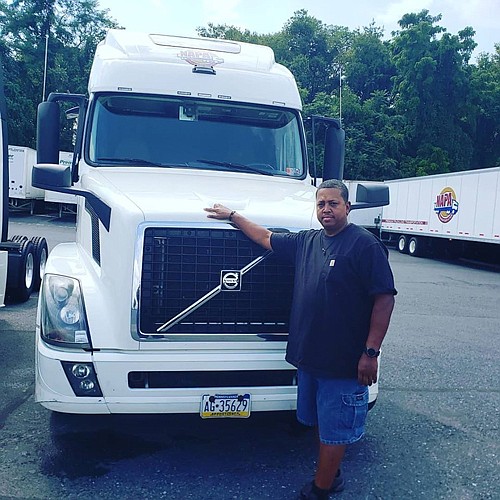For African Americans, the July 4th Independence Day holiday has always posed a significant conflict: While white America declared its independence in 1776, the bells of freedom didn’t ring for African Americans until June 19, 1865.
As America prepares its annual rituals of flag-waving, barbecues, and fireworks to mark Independence
Day, this year poses even more conflict, as seen in the global uprisings and demonstrations demanding that the United States finally recognize that Black Lives Matter.
“This year, 2020, has been an awakening on multiple fronts for many people,” said Deveeda Cohen, a hairstylist who lives in Baltimore City. “How is it possible to shoot off a firecracker and say ‘God bless America’ when America has forever been ignorant, racist, and bigoted?”
Cohen offered that she and her family observed June 19, or Juneteenth, as the official Independence Day for African Americans. “If 2020 has taught us anything, we cannot go back to the status quo. We cannot go back to allowing America to dictate its hateful policies, misguided holidays, and their Civil War heroes as standards for Black people,” Cohen stated.
“I had observed my people’s independence last month. There will be no celebration for my family on July 4th,” she concluded.
Juneteenth came two years after President Abraham Licoln signed the Emancipation Proclamation, a document that freed slaves in all states that rebelled against the Union.
With the uprising in the wake of the George Floyd killing by police in Minneapolis, more states and municipalities have declared they will observe Juneteenth as a holiday.
Truck driver Jonathan Dolphin said this Fourth of July, he’s decided to reflect on the words of Frederick Douglass, who, on July 5, 1852, gave a stirring speech about independence.
The address took place in Rochester, N.Y., just one day after an Independence Day celebration in that city.
“It’s their holiday, it’s white America’s holiday,” Dolphin stated. He then paraphrased Douglass. “This Fourth of July is theirs, not mine. We, as truck drivers, work all the time anyway. We are essential all of the time.”
In his speech, Douglass said, “You may rejoice, I must mourn. What have I, or those I represent, to do with your national independence?”
Arianne Campbell of Annapolis agreed.
“While we protest, Black people are still being killed in the streets of America. We have not achieved full independence, and we won’t until that stops,” Campbell stated.
“It’s almost an insult right now to celebrate America’s independence because, in my view, it’s putting a stamp of approval on racism and police brutality. Maybe one day we’ll get there where we can all celebrate together at the same time. Today, in 2020, we’re not there.”
Elinor Pierce, who describes herself as multi-racial, believes even the most pragmatic of individuals should understand the reluctance of African Americans to join in any Fourth of July celebration.
“It took Black people a long time to get to this point where it seems white America, and the world, are finally listening. They’re finally starting to pay attention to the cries of not just us, but our ancestors,” Pierce noted.
“Whether or not they truly get it is another story, but they are listening and, if you’re not tone deaf, then you understand why July 4 is always going to be looked upon as a white holiday,” she challenged.
“We have Juneteenth, but America needs to permanently fix the problems of racism once and for all and then, and only then, can we all celebrate independence together.”
